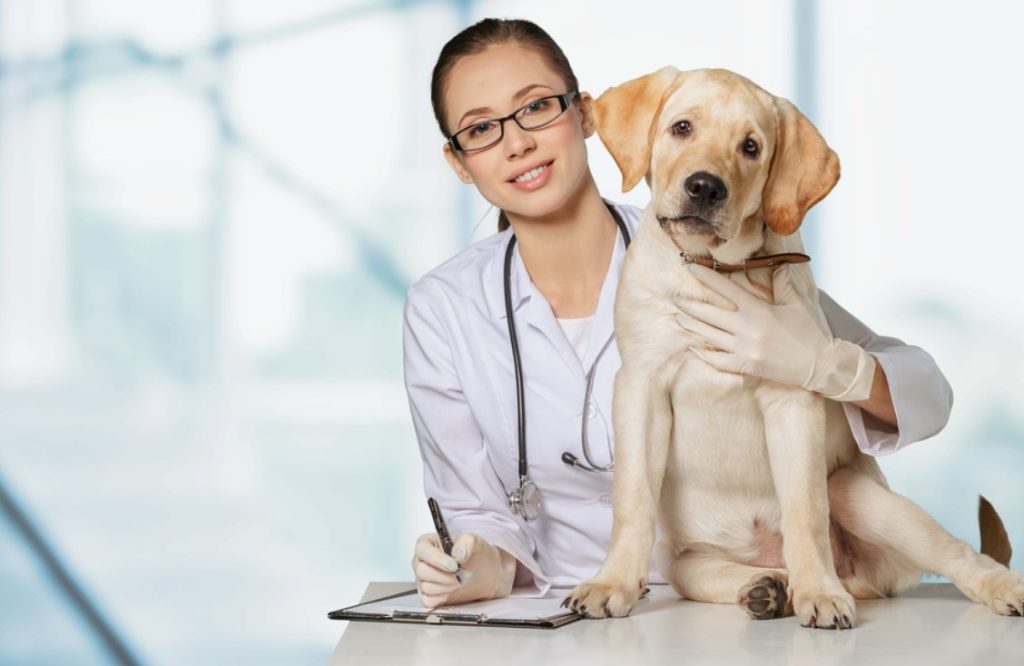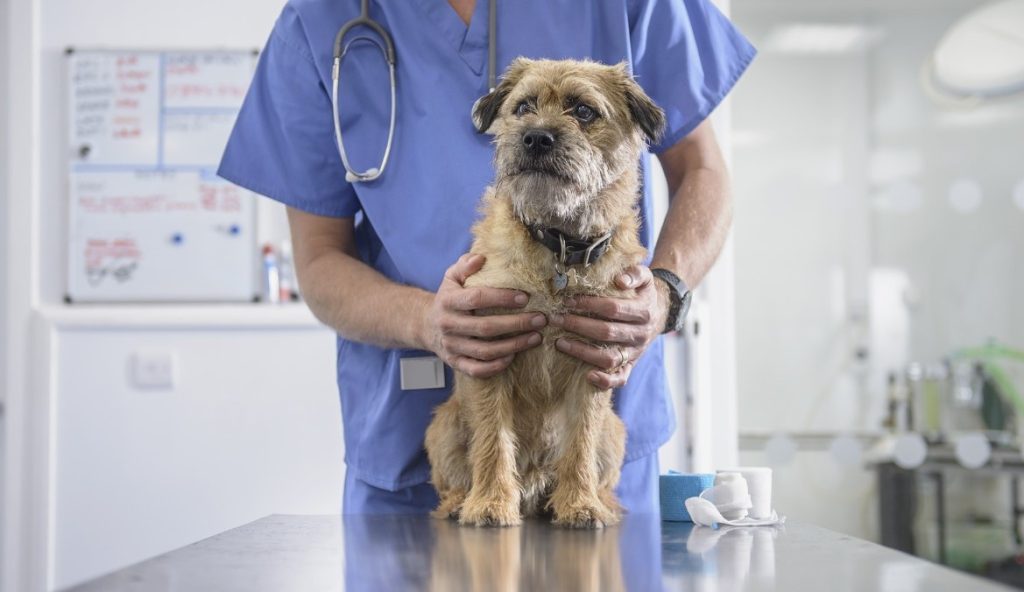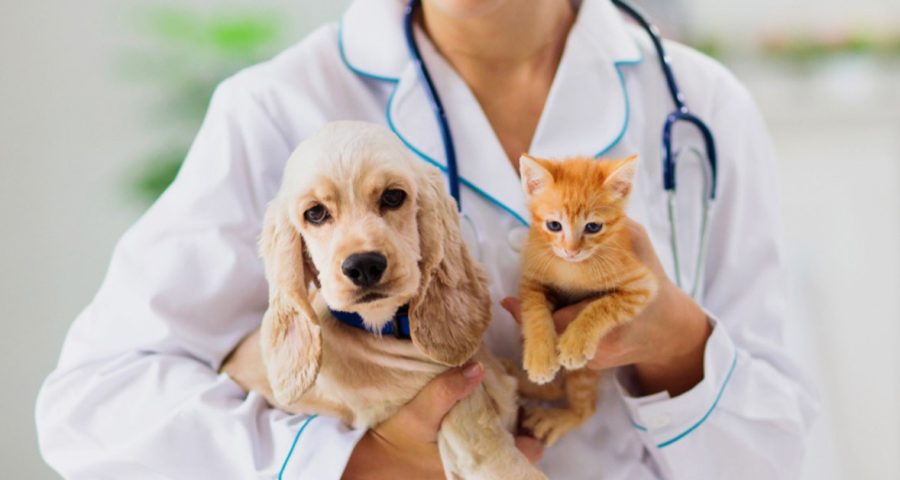Natural and man-made disasters can have devastating effects on communities, including the pets that are part of these communities. Pet clinics play a critical role in disaster preparedness, ensuring that pets are safe and well cared for during emergencies. This article explores the various ways in which pet clinics contribute to disaster preparedness, highlighting the importance of their role and offering practical advice for pet owners in Dubai and the UAE.
Understanding Disaster Preparedness for Pets
Disaster preparedness involves planning and preparing for emergencies to minimize their impact. For pet owners, this means ensuring that pets have the necessary resources and protection during such events. Pet clinics provide essential services and guidance that help pet owners prepare effectively. This includes offering medical care, vaccinations, microchipping, and providing information on emergency planning.
The Importance of Veterinary Services in Disaster Preparedness
Medical Care and Preventive Measures
Pet clinics are vital in maintaining the health of pets through regular check-ups, vaccinations, and preventive care. These measures are crucial during disasters when access to veterinary services may be limited. Ensuring that pets are up-to-date on vaccinations and preventive treatments helps protect them from diseases that can spread during emergencies.

Microchipping and Identification
One of the primary roles of pet clinics in disaster preparedness is to offer microchipping services. Microchipping provides a permanent form of identification, increasing the likelihood that lost pets will be reunited with their owners. According to the American Veterinary Medical Association, pets with microchips are significantly more likely to be returned to their owners compared to those without. In the UAE, microchipping is often required by law, further emphasizing its importance in disaster planning.
Emergency Planning and Resources Provided by Pet Clinics
Creating Emergency Kits
Pet clinics often provide guidance on creating emergency kits for pets. These kits should include:
- Food and water for at least three days
- Medications and medical records
- A first-aid kit
- Comfort items such as a blanket or toy
- A collar with identification tags
- A leash or carrier
Having an emergency kit ready ensures that pet owners can quickly and efficiently provide for their pets’ needs during a disaster.
Evacuation Plans
Pet clinics can assist pet owners in developing evacuation plans that include their pets. This involves identifying pet-friendly shelters, hotels, or boarding facilities. Clinics may also collaborate with local authorities to ensure that evacuation centers accommodate pets, reducing the stress on both pets and their owners during emergencies.
Community Outreach and Education
Awareness Campaigns
Pet clinics play a crucial role in raising awareness about disaster preparedness through community outreach and education. They organize workshops, distribute informational materials, and engage with the community through social media and local events. These efforts help educate pet owners on the importance of preparedness and the steps they can take to protect their pets.
Collaboration with Local Authorities
Pet clinics often work closely with local authorities and emergency services to ensure that pets are included in disaster response plans. This collaboration helps to create a cohesive approach to disaster preparedness, ensuring that pets are not overlooked in emergency planning and response efforts.
Training and Drills
Staff Training
Pet clinic staff are trained to handle emergencies and provide care during disasters. This training includes first aid, emergency response procedures, and handling stressed or injured animals. Well-trained staff are better equipped to assist pet owners and their pets during crises, ensuring that they receive the necessary care and support.
Community Drills
Pet clinics may participate in or organize community drills to practice emergency response procedures. These drills help identify potential issues in disaster plans and improve coordination among various stakeholders, including pet owners, emergency services, and veterinary professionals.
Technological Innovations
Telemedicine
Telemedicine has become an increasingly important tool for pet clinics, especially during disasters when physical access to clinics may be limited. Telemedicine allows veterinarians to provide remote consultations, offer medical advice, and triage cases. This technology ensures that pets receive timely care even when in-person visits are not possible.
Emergency Communication Systems
Pet clinics can implement emergency communication systems to keep pet owners informed during disasters. These systems may include automated phone calls, text messages, or emails with updates and instructions. Effective communication ensures that pet owners receive critical information quickly, helping them to respond appropriately to the situation.

Special Considerations for Dubai and the UAE
Climate-Related Disasters
Dubai and the UAE face unique challenges related to their climate, such as extreme heat, sandstorms, and the potential for flash floods. Pet clinics in the region must tailor their disaster preparedness plans to address these specific threats. For example, they can provide advice on protecting pets from heatstroke and dehydration during hot weather emergencies.
Regulatory Requirements
Pet clinics in Dubai and the UAE must adhere to local regulations regarding pet ownership and disaster preparedness. These regulations may include mandatory microchipping, vaccination requirements, and guidelines for pet transport during evacuations. Staying informed about and complying with these regulations is essential for both pet clinics and pet owners.
The Role of Pet Owners
While pet clinics provide invaluable support in disaster preparedness, pet owners also have a significant role to play. Pet owners should:
- Regularly visit their vet clinic for check-ups and vaccinations
- Ensure their pets are microchipped and have up-to-date identification
- Prepare an emergency kit and evacuation plan for their pets
- Stay informed about potential disasters and follow guidance from local authorities and their vet clinic
Conclusion
Pet clinics are essential partners in disaster preparedness for pets, offering medical care, preventive measures, and critical guidance to pet owners. Their role in raising awareness, training staff, and collaborating with local authorities ensures a comprehensive approach to disaster preparedness. In Dubai and the UAE, where unique environmental challenges exist, the support provided by pet clinics is even more crucial.
By working together, pet clinics and pet owners can create robust disaster preparedness plans that protect pets and ensure their well-being during emergencies.

I like to give reasonable advice on budgeting to people with any income level. I currently live in Portland, Oregon, and am available for freelance assignments and speaking engagements.
